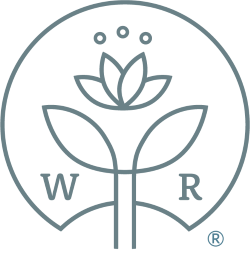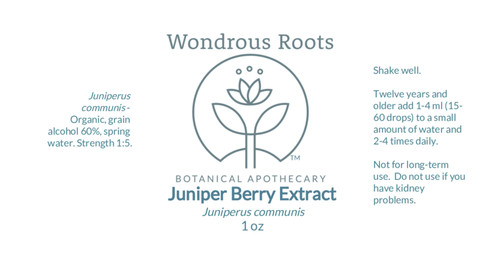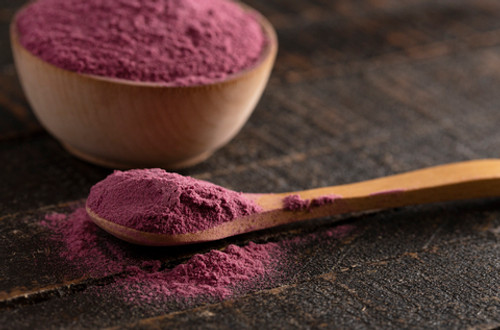Product Description
HAWTHORN BERRY - For more detailed information, please click on the link...
Crataegus laevigata - Certified Organic; grain alcohol 60%, spring water. Strength 1:5.
Supporting cardiovascular health.*
Support: Hawthorn berries are antispasmodic, cardiac, diuretic, sedative, tonic and vasodilator. Like hawthorn leaves and flowers, hawthorn berries have a hypotensive effect as well as acting as a direct and mild heart tonic. The traditional use of hawthorn berries is the treatment of weak heart combined with high blood pressure. The berries are also used to treat a heart muscle weakened by age, for inflammation of the heart muscle, for arteriosclerosis, and for nervous heart. The effect of hawthorn berry on these heart conditions is not immediate; it may be necessary to take the herb for 4 to 6 weeks to see results. Leaf and flower preparations may work faster, but hawthorn berries are better for some specific problems. A specific use for hawthorn berries is the treatment of orthostatic hypotension, a sudden loss of blood pressure caused by moving from a seated position to a standing position. Orthostatic hypotension can cause temporary loss of consciousness, and is a common complication during the first few weeks of medical treatment of high blood pressure with beta-blockers. A tincture made from a combination of hawthorn berries and camphor will not eliminate orthostatic hypotension, but it will reduce it enough that it does not cause swooning or fainting. Another often-overlooked use of hawthorn berries "this time as a tea" is treatment irritable bowel syndrome. Making a cup of tea with no more than a half-teaspoon of crushed, dried berries can relieve the constipation and gas associated with the condition. Kampo (Japanese herbal) medicine often uses crushed hawthorn berries with other herbs to treat colitis diarrhea caused by Crohn?s disease, and various conditions causing rectal bleeding.
Precautions: Taken in excess, hawthorn berry teas can cause mild diarrhea. This does not occur when the berries are used to make tinctures or are encapsulated. Diarrhea is not a side effect of the leaf and flowers. Taken in excess, hawthorn berry soft drinks, especially if they are made with the powder, can cause mild diarrhea. (Rice is added to the blend to prevent stomach upset.) Diarrhea does not occur as a result of using the herb when the berry powder is used to make tinctures or are encapsulated. Diarrhea is not a side effect of the leaf and flowers.
Suggested Use: Shake well. Twelve years and older, add 1-4 ml (15-60 drops) to a small amount of water and drink. Use 3-4 times daily as needed. To evaporate alcohol before drinking, add to a cup of heated water (no microwave!) and allow to sit for ten minutes before drinking. If an herb is appropriate for children, herb doses for children under 12 are typically 1/2 the adult dose; adjust by weight accordingly or check with a qualified practitioner.
*This statement not evaluated by the FDA. This product is not intended to diagnose, treat, cure, or prevent any disease.




















